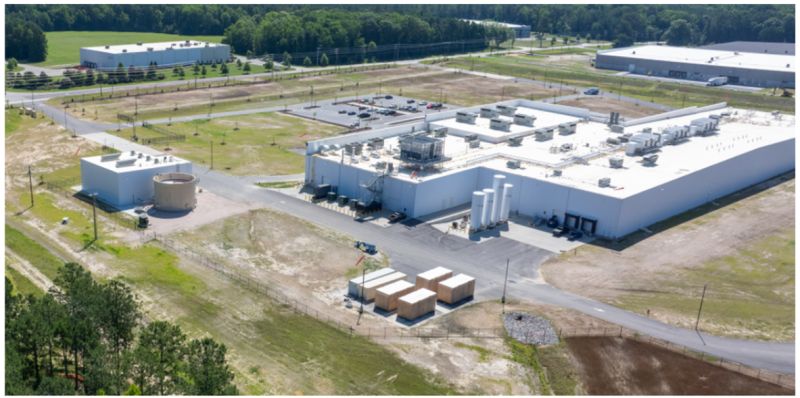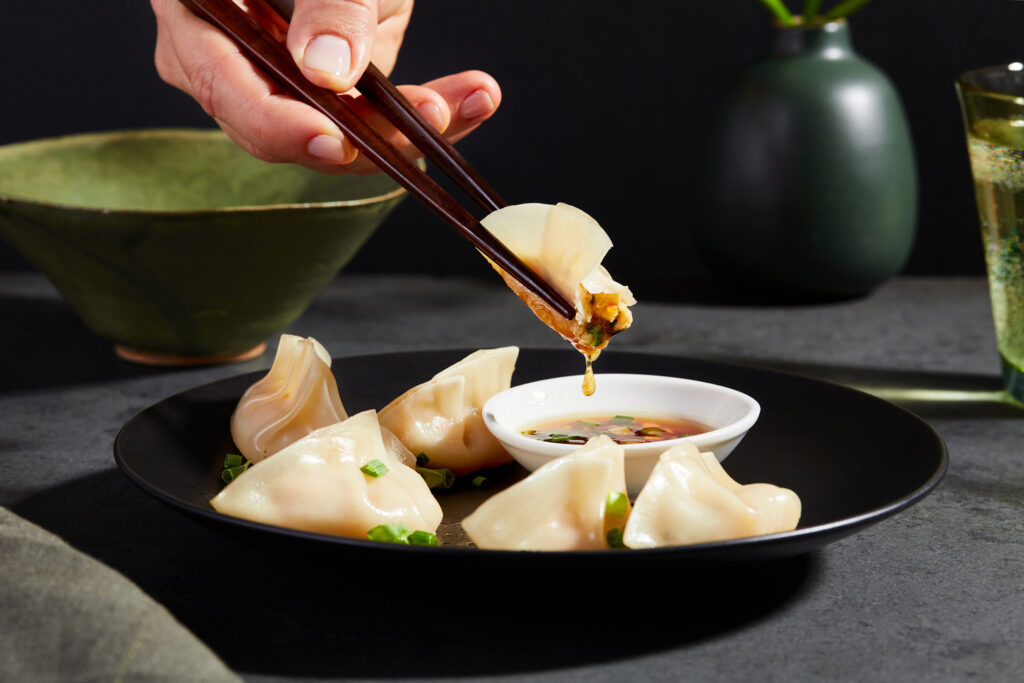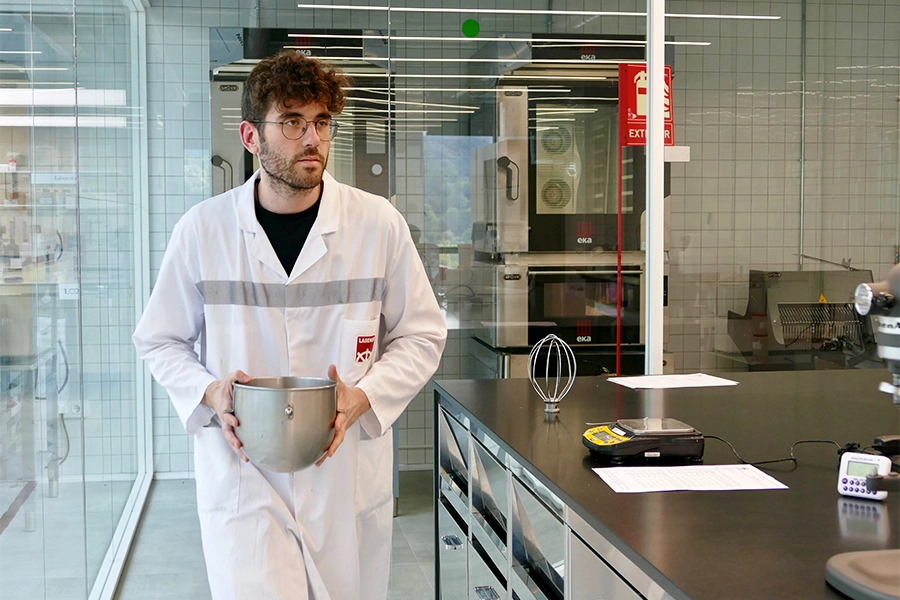

University of Warwick researcher explores Christmas dinners of the future with cultivated meat
Christmas Dinners are one of the UK's most cherished traditions, and Christmas menus have evolved greatly over the years. Today, turkey is the typical meat of choice; going back 500 years, it was beef, venison, and wild boar in Henry VIII's festive feasts. Looking to the future, researchers at the University of Warwick in the UK think that lab-grown meat, or cultivated meat, might end up being the centerpiece on our Christmas tables.
Dr Radu Cimpeanu is a theoretical mathematician from the University of Warwick who works on the development of computational models to optimize the early stages of lab-grown meat production.
"Cultivated meat, or cultured meat, is genuine animal meat that is produced by cultivating animal cells directly," Dr Cimpeanu explained. "For example, cultivated turkey cells can replicate the sensory and nutritional profiles of conventional meat.
"It does have many advantages, including reducing the harmful climate impacts of our food system, decreasing the risk of disease and antibiotic resistance, working to reach net-zero emission goals, and feeding more people with fewer resources."
Dr Cimpeanu's work focuses on the bioreactor stage, where computational models are employed to enhance cell oxygen and nutrient uptake in the early phases of lab-grown meat production. This critical juncture, governed by fluid mechanics, occurs before the development of texture and is pivotal in driving down costs, making the entire process more economically viable.
Although the project is still in its infancy, the work represents a fundamental shift in how we might approach Christmas dinners. The aim is to create more affordable and sustainable alternatives that align with the growing demand for eco-conscious and cost-effective dining options.
This research has been supported by funding bodies such as the Good Food Institute, and the Cultivated Meat Modelling Consortium, in collaboration with Professor Daniel Harris from Brown University, as well as partners from industry. Professor Harris noted that “in addition to the potential environmental benefits, a paradigmatic shift in how we produce meat could also significantly reduce animal suffering associated with conventional animal agriculture”.
"We are working on getting the costs down to make this whole process much more economically feasible," Dr Cimpeanu added. "This could really make a difference to people's eating habits across the board, as well as during the festive period.
"In the future, a lab-grown turkey could prove a more affordable and greener alternative at Christmas time. But for now, we can continue to enjoy our Christmas dinner of choice as we always have."
Other alternative protein sources made possible through scientific advancement, such as plant-based alternatives, can also help mitigate the impact of our meals.
If you have any questions or would like to get in touch with us, please email info@futureofproteinproduction.com






